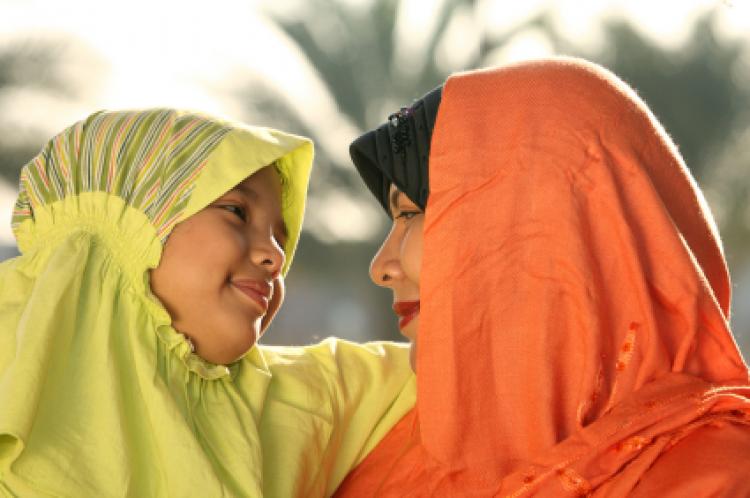Not feeling well? Go to your doctor, not Google: Experts

This 'habit' has got to stop, medical experts and health officials said at the sixth session of the Sharjah Ramadan Majlis at Al Majaz Amphitheatre.
Today, when one starts feeling unwell, it has become a habit to do a Google search about the symptoms. And the result? Hundreds of thousands, if not millions, of links to websites and articles - all trying to explain possible illnesses.
This 'habit' has got to stop, medical experts and health officials said at the sixth session of the Sharjah Ramadan Majlis at Al Majaz Amphitheatre.
Popular physician and social media personality Dr Ahmed Abdelmalek from Kuwait stressed that "nothing can replace the examination and diagnosis by a real, qualified and trained doctor".
"A qualified and trained physician takes a number of factors into account while examining and treating a patient, something that online experts and unknown sources could not," he said, emphasising that all information and advice found online and in other media platforms must be verified first.
Presided over by Sheikh Sultan bin Ahmed Al Qasimi, chairman of the Sharjah Media Council, the sixth session of Sharjah Ramadan Majlis was hosted by the Sharjah Press Club (SPC) of the Sharjah Government Media Bureau (SGMB) and moderated by Dr Abdelsalam Alhammadi.
Dr Abdel Nasser bin Salem, adviser at the Ministry of Health and Prevention, said the UAE has a zero-tolerance policy against the unauthorised medical practice of self-styled 'experts'.
"Those who are still dispensing medical advice and treatment are violating the UAE laws," he warned. He also called for a regulatory mechanism that would deal with unauthorised sources of medical advice, information and advertisements offering quick solutions.
Dr Muawia Al Elaiwi, a paediatrician based in Saudi Arabia, pointed out that although medical misconceptions and rumours are largely spread via the Internet, the trend is not new.
"It dates back to hundreds of years ago and even Ibn Khaldun, the legendary Muslim philosopher, social scientist and historian, talked about the problem," he said.
Dr Al Elaiwi said many of the misconceptions about health are rooted in ancient civilisations, such as India and China. He attributed the problem to an absence of public awareness about health and called for effective steps to promote it.
"Health awareness is the first line of defence against disease," Dr Al Elaiwi said. And in driving awareness, Dr Salem said medical groups and the media could play a crucial role.












